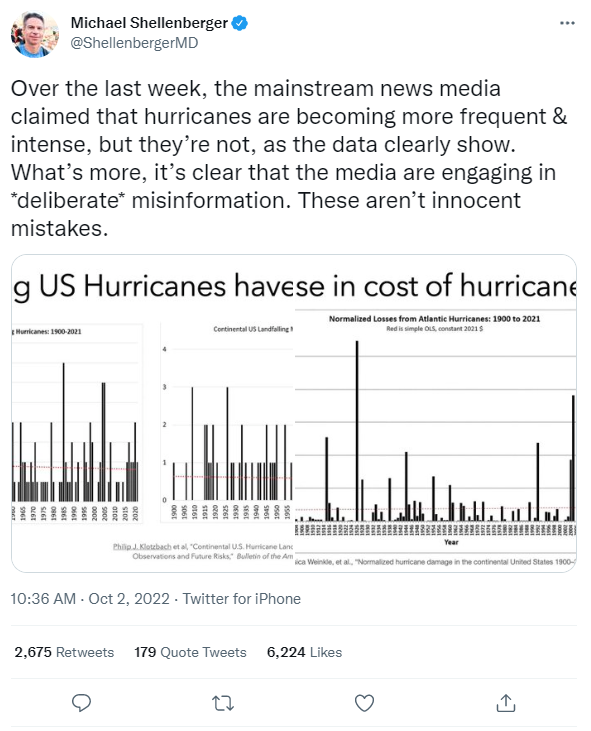PayPal and Etsy Cancel Colin Wright Because He Teaches Basic Biology in his Writings
Biologist Colin Wright explains how PayPal and Etsy banned him for taking the position that there are only two sexes and that they are biologically grounded. He explains the PayPal actions at about the ten-minute mark.
Consider also the context: Colin Wright's background as a Ph.D student studying biology:
Min 8:04:
"I had maybe 100 applications out actually turned my my twitter I locked it down for maybe six months while I was applying for jobs um and when I was writing this one essay the first one I wrote for Quillette called "The New Evolution Deniers." I sent it to my advisor at the time and some of my mentors. They both came back and they said, "This is a fantastic essay. I agree with everything it's completely right, but you cannot publish this. This will ruin your career. If you do publish it don't put your name on it."
To me when the first thing they said was "this is fantastic and it's true." Then, to me, everything after the "but." If I would have not went ahead and published it, that would have just been--every reason that I wanted to get into science in the first place and to be a scientist to pursue truth, to pursue what's real about biology and the natural world--all of a sudden it seemed like academia really wasn't what I wanted it to be like. Do I want to work in an environment that is not going to allow me to say completely obviously true, things is that male and female exist? So really I no longer even wanted to have that job anymore given how much it's changed, since I had gone into it you know 12 years ago now at this point um so yeah so I was actually okay with it destroying my career um because I wanted to to be able to speak the truth."


